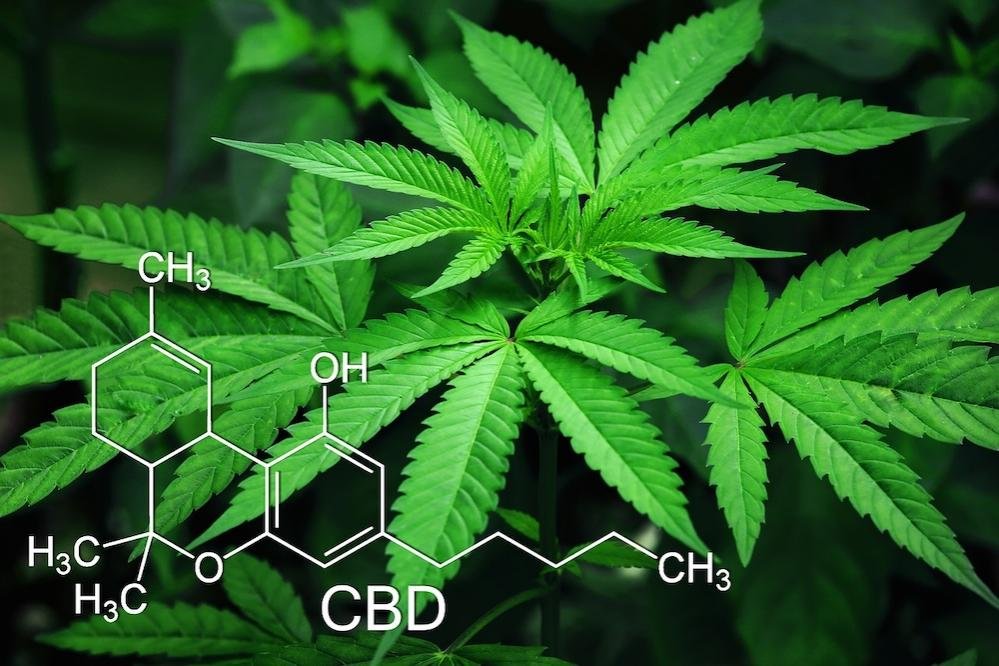Business
Hemp Industry Bids for a Smoke-Free Future in Arizona’s Cannabis Regulations

The Hemp Industry Trade Association of Arizona plans to appeal a recent court ruling that prevents the state attorney general from enforcing marijuana laws against sellers of certain hemp products. The decision highlights a growing legal battle surrounding the sale of THC products in Arizona.
On Wednesday, Maricopa County Judge Randall Warren ruled that Arizona law prohibits the retail sale of all THC products, categorizing them as narcotics. “The THC products at issue are not ‘industrial hemp’ under Arizona’s Hemp Act,” he stated. Products containing psychoactive THC, regardless of their hemp origins or concentration, may only be sold through licensed dispensaries.
The judge denied the plaintiffs’ motion for a preliminary injunction, which would have halted prosecutions of THC sales outside licensed facilities. The Hemp Industry Trade Association intends to escalate the matter to the Arizona Court of Appeals. Retail owner Mohammed Lofty expressed concerns about the ruling, arguing it disregards federal law and the intent to develop a hemp market. “Our legal team is preparing an expedited appeal,” he stated.
Arizona Attorney General Kris Mayes defended the ruling, reaffirming that sales of marijuana products must occur within legally regulated dispensaries as sanctioned by voters. Currently, retailers are advised not to sell any THC products, although no enforcement actions have been taken yet. In a recent hearing, a Maricopa County detective indicated officers are instructed to impound all hemp products but not to pursue prosecutions while litigation is ongoing.
The legal landscape of hemp is complex. Under the 2018 Farm Bill, hemp is classified as cannabis with less than 0.3% delta-9 THC, permitting the sale of certain low-THC products like delta-8, delta-10, and CBD oil. However, in March 2024, Attorney General Mayes designated all intoxicating THC products as illegal to sell without a dispensary license, warning of potential civil and criminal enforcement starting in March 2025.
The Hemp Industry Trade Association previously sued, arguing that no clear definition exists for what constitutes “intoxicating” THC. While Judge Warren agreed that Arizona law lacks such a definition, he maintained that all hemp-derived products should be classified as narcotics. “The issue here is whether ‘industrial hemp’ includes products for human consumption made with hemp-derived THC,” he explained. “It does not.”
Arizona’s 2018 Hemp Act defines hemp as part of the cannabis plant rather than its derived products, ensuring it does not conflict with state marijuana regulations. The law requires testing to ensure plants fall under hemp or marijuana classifications based on delta-9 THC levels, but does not mandate further testing for hemp-derived consumables that may contain other cannabinoids.
Despite a ballot initiative that legalized marijuana, Arizona’s narcotics statutes classify marijuana broadly as any part of the cannabis plant. This definition, according to Warren, makes any THC-containing product a prohibited narcotic. “By this definition, things made from THC are prohibited narcotic drugs under A.R.S. § 13-3408,” he stated.
During oral arguments, state attorneys sought to regulate “intoxicating THC products,” but the Hemp Industry Trade Association criticized the absence of legal distinction. Warren pointed out that the Hemp Act does not define a product as intoxicating, emphasizing that Arizona’s criminal code ultimately dictates legality.
“The court’s recognition that Arizona law doesn’t separate ‘intoxicating’ from ‘non-intoxicating’ cannabinoids bolsters our case,” Lofty remarked. He reaffirmed his commitment to the industry, stating, “We are moving forward—with purpose, with resolve, and with the full strength of our community.”


















